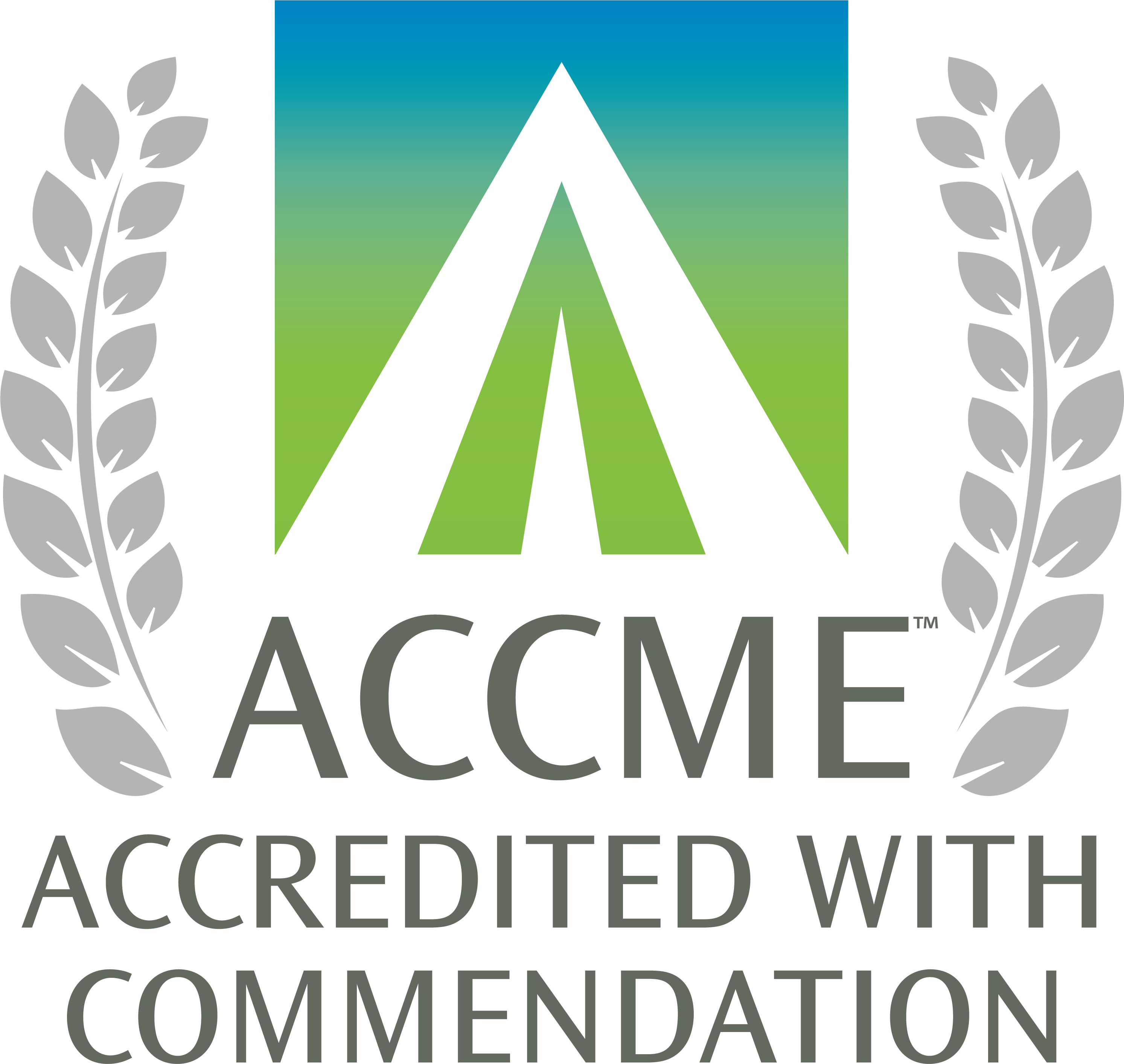Examples of Educational Planning for Single or Multi-day Conferences
(e.g., in-person or virtual courses, research days, alumni events)
Two-day conference for both UM and non-UM participants.
Practice gap, educational need, and expected result (application’s Educational Planning section)
- What practice gap will this education address?
- Participants are not utilizing the newest treatment and management options for patients with different rheumatic diseases.
- What education is required to address the practice gap?
- Participants need to learn how to incorporate the newest treatment and management options in clinical care of patients with different rheumatic diseases.
- What change is expected after participation in the educational activity?
- After completing this activity, participants will be able to incorporate the newest treatment and management options into the clinical care of patients with different rheumatic diseases.
General Activity Description (i.e., expected results) (application’s Activity Promotion section)
-
The Update in Rheumatic Diseases conference will educate health care providers on the most up-to-date management and treatment options for different rheumatic diseases, leading to improved patient outcomes. After completing this activity participants will be able to incorporate the newest treatment and management options into the clinical care of patients with different rheumatic diseases.
One-day conference for both UM and non-UM participants.
Practice gap, educational need, and expected result (application’s Educational Planning section)
- What practice gap will this education address?
- Participants are not utilizing the newest treatment and management options for patients with different rheumatic diseases.
- What education is required to address the practice gap? (ie. the educational need)?
- Participants need to learn how to incorporate the newest treatment and management options in clinical care of patients with different rheumatic diseases.
- What change is expected after participation in the educational activity? (ie. the expected results)
-
After completing this activity, participants will be able to incorporate the newest treatment and management options into the clinical care of patients with different rheumatic diseases.
-
General Activity Description (i.e., expected results) (application’s Activity Promotion section)
- The Update in Rheumatic Diseases conference will educate health care providers on the most up-to-date management and treatment options for different rheumatic diseases, leading to improved patient outcomes. After completing this activity participants will be able to incorporate the newest treatment and management options into the clinical care of patients with different rheumatic diseases.
Half-day conference for both UM and non-UM participants.
Practice gap, educational need, and expected result (application’s Educational Planning section)
- What practice gap will this education address?
- Primary care physicians, internists, and cardiologists are not utilizing the newest advances and management strategies related to cardiac arrhythmias.
- What education is required to address the practice gap? (ie. the educational need)?
- Primary care physicians, internists, and cardiologists need to learn about the newest advances and management strategies of cardiac arrhythmias.
- What change is expected after participation in the educational activity? (ie. the expected results)
-
Primary care physicians, internists, and cardiologists will utilize the newest advances and management strategies of cardiac arrhythmias, including stroke prevention, improved screening, and identification of patients who may benefit through the use of implantable devices.
-
General Activity Description (i.e., expected results) (application’s Activity Promotion section)
- Cardiac arrhythmias are common in clinical practice and affect millions of patients. Our understanding of the mechanisms of arrhythmias and management strategies is rapidly evolving. The goal of this course is to present and discuss recent advances in management of cardiac arrhythmias with primary care physicians, internists and cardiologists.
By participating in this course, participants will:- learn more about recent advances in treatment options in patients with cardiac arrhythmias.
- better understand the new guidelines for stroke prevention in patients with atrial fibrillation.
- be able to identify patients appropriate for the latest wireless and leadless implantable devices
- learn about recent advances in eHealth.
Note: See the Marketing Guidelines for information we recommend be included in any promotional materials developed by the department.


